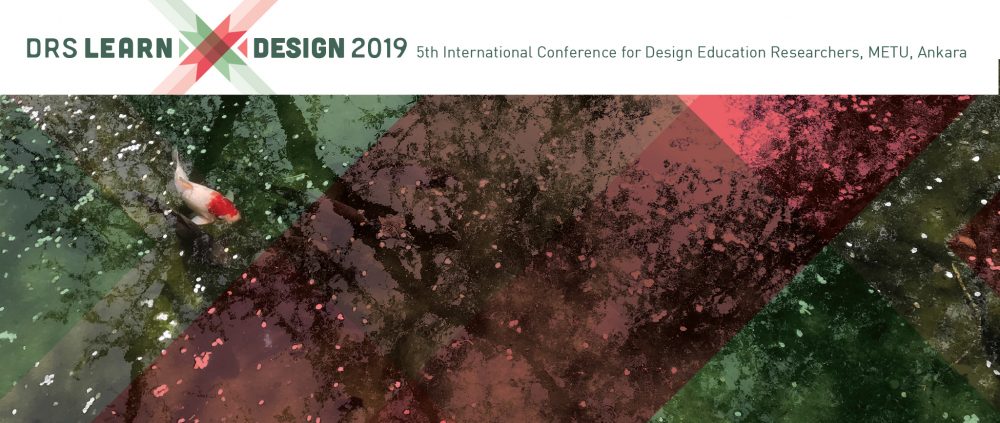Track 13. SYSTEMIC DESIGN APPROACH FOR TRANSDISCIPLINARITY
Co-chairs




Pier Paolo Peruccio, Assoc. Prof., Department of Architecture and Design, Politecnico di Torino, Italy.
Paola Menzardi, PhD Candidate, Department of Architecture and Design, Politecnico di Torino, Italy.
Alessandra Savina, PhD Candidate, Department of Architecture and Design, Politecnico di Torino, Italy.
Maurizio Vrenna, PhD Candidate, Department of Architecture and Design, Politecnico di Torino, Italy.
Design discipline is currently undergoing a phase of great and challenging debate, chiefly sprung by the expression and acquaintance of a reality that is intrinsically complex. This feature is still emerging and figures out the world as a sole living system. Design has to face unprecedented social, environmental, political and economical challenges with a new perspective, questioning the role it plays, its tools and methodologies. This track invites to explore how design, finding itself transdisciplinary and acting so, can face the complexity of issues, actualizing a one design act by the interplay among all disciplines. Moreover, it encourages critical reflections on how disciplinary contamination affects the design pedagogy of present and future generations of researchers and practitioners. Design studies acquire the awareness not to be a self-standing discipline anymore, taking the advance of a systemic thinking. This has been the first real contamination among knowledge and led inter alia to the flourishing of a completely new approach to design, in meaning and doing. From this angle design moves from being solutions supplier to critical reader, with the capacity of grasping facts with an holistic point of view. The current purpose and requirement of design gets close to a social function, assuming a key responsibility in understanding how to manage complex challenges by setting networks of people and professionals to plan mesh of solutions. Systemic design embraces designers’ expertise in an advanced position. Based on interconnected knowledge, spins over them to envision and draw strategies by founding relations and implementing a comprehensive cross culture. Contributions are welcomed from students, researchers and professionals from the fields of design, architecture, education, anthropology, sociology, economics, management, environmental sustainability, among others. This track would like to explore, but is not limited to, the following topics:
- Systemic design
- Holistic approach
- Founding relations
- Designer roles
- Fluid disciplinary boundaries
- Multi-Inter-Trans Disciplinarity
- Insider/Outsider knowledge
- Complex issues management
- Design to mediate
- Design to connect
- Mutual strengthening
Bibliography
Boehnert, J. (2018). Design, Ecology, Politics. Towards the Ecocene. London: Bloomsbury Academic.
Bistagnino, L. (2011). Systemic Design. Design the production and environmental sustainability. Bra: Editore Slow Food.
Capra, F., Luisi, P. L. (2014). The System View of Life. Cambridge: Cambridge University Press.
Celaschi, F. (2017). Non industrial design. Contributi al discorso progettuale. Bologna: Luca Sossella Editore.
Fry, T. (2008). Design Futuring. Sustainability, Ethics and New Practice. Oxford: Berg Publishers.
Pauli, G. (2010). Blue Economy – 10 Years, 100 Innovations, 100 Million Jobs. Taos: Paradigm Publications.
Muratovski, G. (2016). Research for Designers: A Guide to Methods and Practice. Los Angeles: SAGE Publications Ltd.
